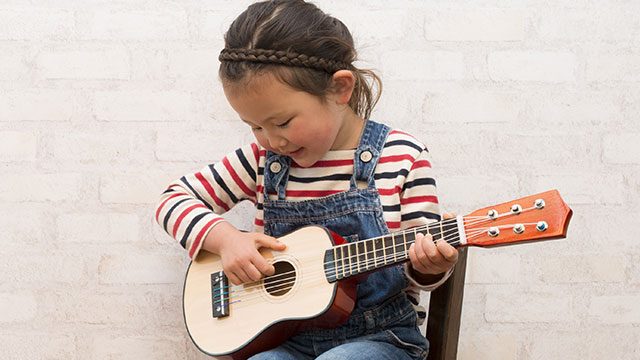SUMMARY
This is AI generated summarization, which may have errors. For context, always refer to the full article.

Self-control is as scarce as face masks during panic mode. But having it can save you and your own sanity in these times. When you respond out of panic, such as buying 3 balikbayan boxes of face masks for your very healthy family of one, you more than quell your own fear but are not necessarily making a dent in your own prospects for health – and you deprive another group who may need it so much more. That is why it feels really good to react to panic mode, but mostly, when the dust settles, nothing has really changed.
With the two Vs (volcano and virus) hitting us early this year, most of us went into panic mode in many directions – hoarding masks and food, and forwarding every bit of information without noticing that many are contradictory and/or without basis in fact. Yes, panicking is natural but like cigarettes and poison ivy, they do you no good.
While it is also panic mode to blame the government and everyone else, there is something that you yourself can do to help you not just amidst these “v” scares but also across situations when you are prone to panic. It is self-control. It is how we can counteract our quick and natural tendencies so that we can respond and do not make things worse, or perhaps even improve things. It is not easy but, science says we have a winning chance if we get to work on it, not just during crises but during the many challenges in our lives.
Many studies have already established that self-control is the winning trait of humans across many aspects of one’s life: academic and career success, socio-emotional wellbeing, wealth, and physical health. Self-control is a more deliberate attempt to be aware of your own reaction to a situation and to calibrate it so you could better reach your goal. It recruits a part of your brain that is behind your forehead. Studies have consistently shown that being deliberate about something requires a delay in your own reaction, which delays your own sense of being rewarded. And since childhood is the best time when you get to wire your own brain since it wires faster at that stage in life and that wiring will most likely stay with you through adulthood, childhood interventions to train for and improve self-control have proven effective.
Physical exercise in overweight kids and for those with Attention Deficit Hyperactivity Disorder (ADHD) have been proven to improve self-control in children, as have martial arts and mindfulness training. I remember watching a documentary of a school for very young kids that impressed me since they were able to explain to the viewer what was happening in their own brains when they are feeling angry or frustrated, and that by doing so, they are able to control their own reactions.
But alas, something that I think many trained musicians already know by the proof of their own lives have been uncovered by science. A recent study that observed children averaged around 6 years old from economically underprivileged families who have undergone musical training in the community, has shown that they have a significant degree of self-control in 3 kinds of tests that measure it, including verification from brain imaging feedback. They observed them across 4 years.
The study compared this group of children with children who were not under a musical enrichment program or one with sports training. The group on sports training was also recruited based on the previous studies I mentioned on how sports helped train kids to have a better rein on their own impulsive reactions. The researchers wanted to see if there was a difference in the degree of self-control across the groups across the years.
Overall, the children who had musical ability had a significantly improved degree of self-control across the 3 tests over the group that did not have musical training. They were able to suppress a dominant reaction faster, able to delay the receipt of a reward in favor of a bigger reward later, and their brain images showed that they had an ability for self-control that is commonly achieved later in childhood.
The researchers think that the elements in learning music all help in sharpening a child’s control over herself. This includes active listening to placing your fingers or breath in precise positions, and most notably, walling one’s own focus from the distractions that do not contribute to you performing your music. The researchers also mentioned studies that showed how adult musicians are also so much better at these self-control tests than the rest of us.
This makes the case that music is not among the careers and degrees that are options later in one’s education. It should also not be a subject that should be dropped in basic education when there is a budget shortage. It could change the course of your life for the better because it tames your trigger-happy self. If you make friends with music starting early in life even if you do not make a career out of it, it sets you to do better in the only performance that you will be solely accountable for – your own life. – Rappler.com
Maria Isabel Garcia is a science writer. She has written two books, “Science Solitaire” and “Twenty One Grams of Spirit and Seven Ounces of Desire.” You can reach her at sciencesolitaire@gmail.com.
Add a comment
How does this make you feel?
There are no comments yet. Add your comment to start the conversation.